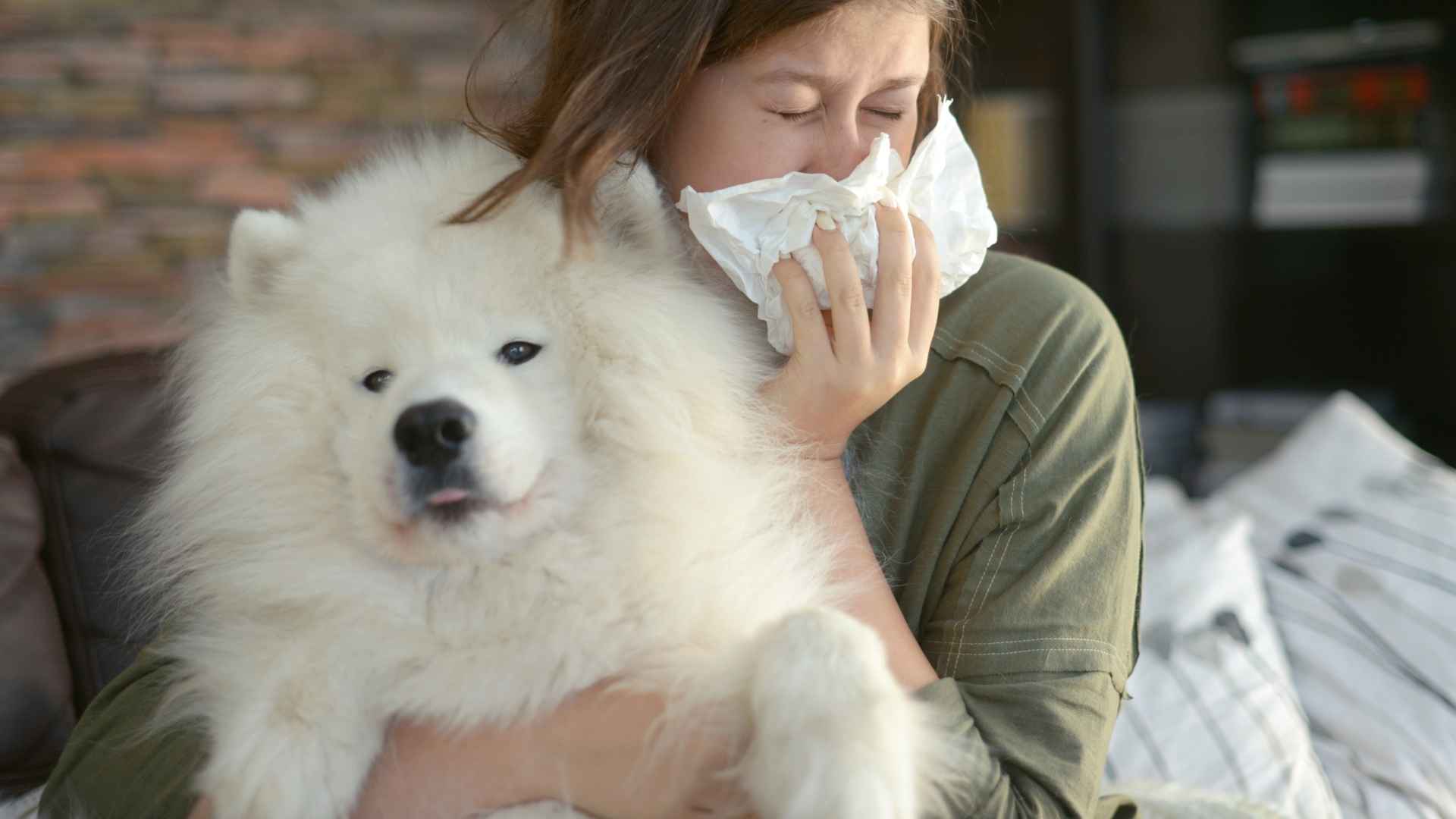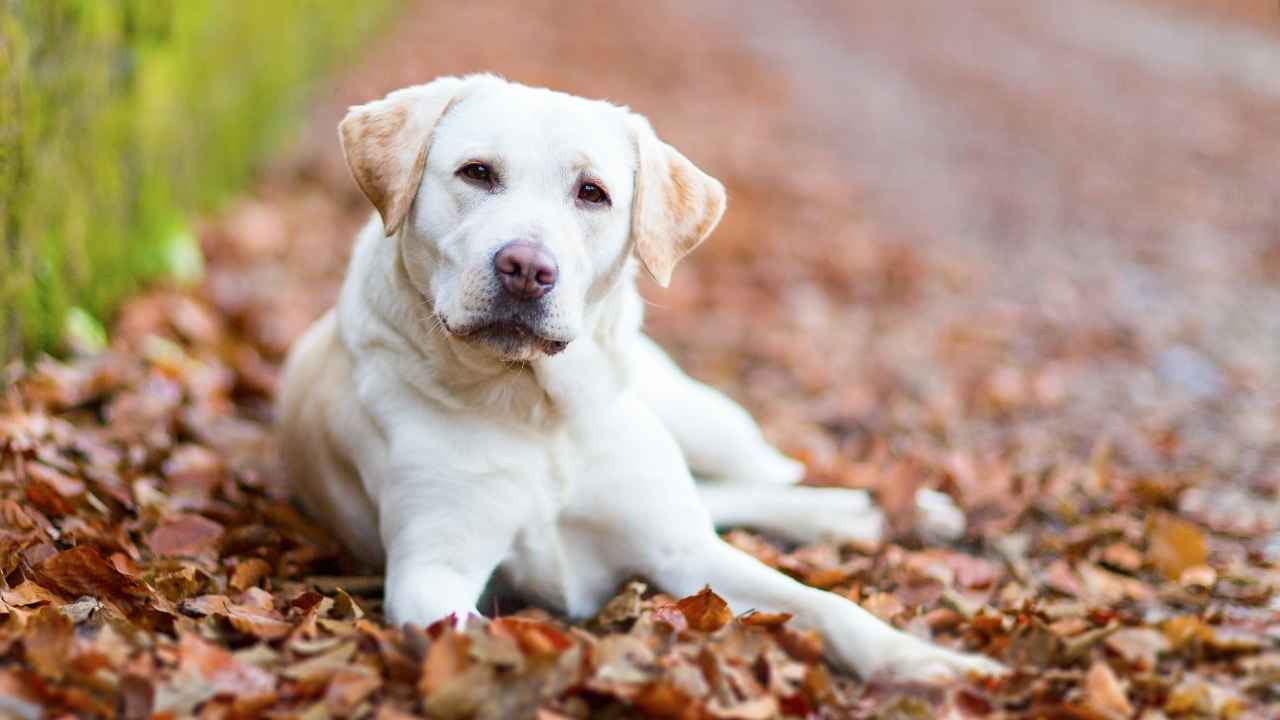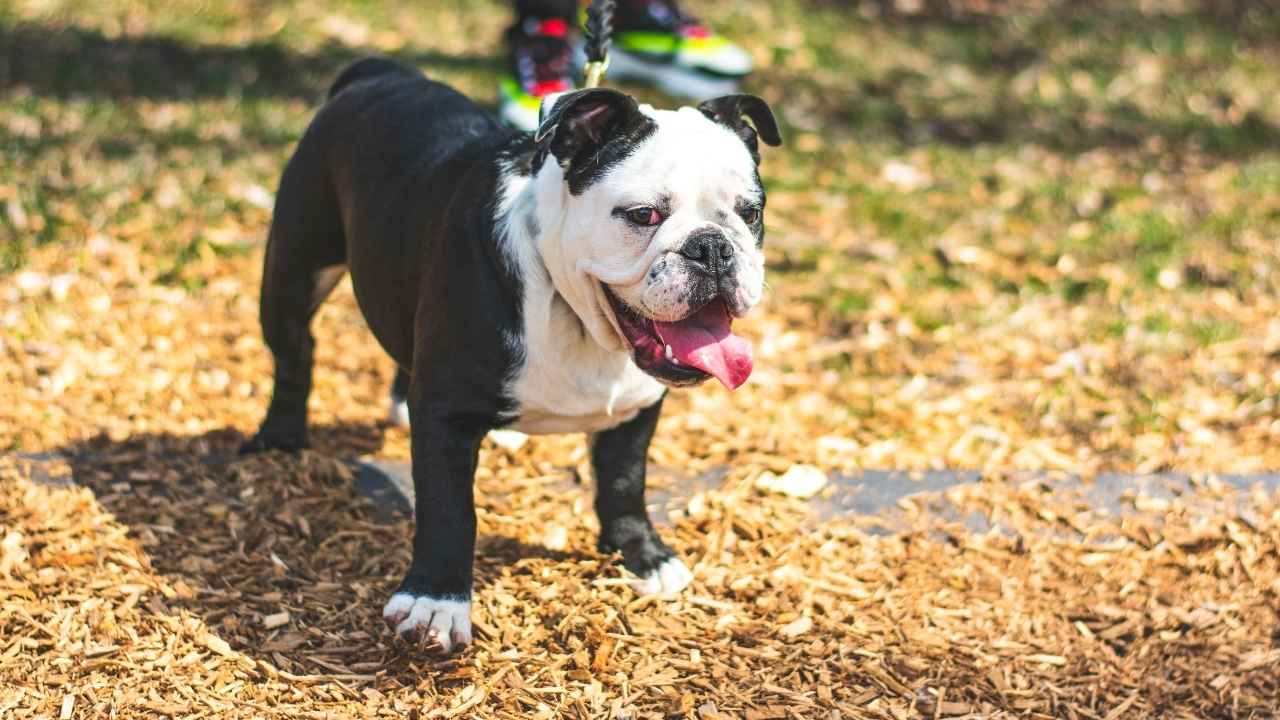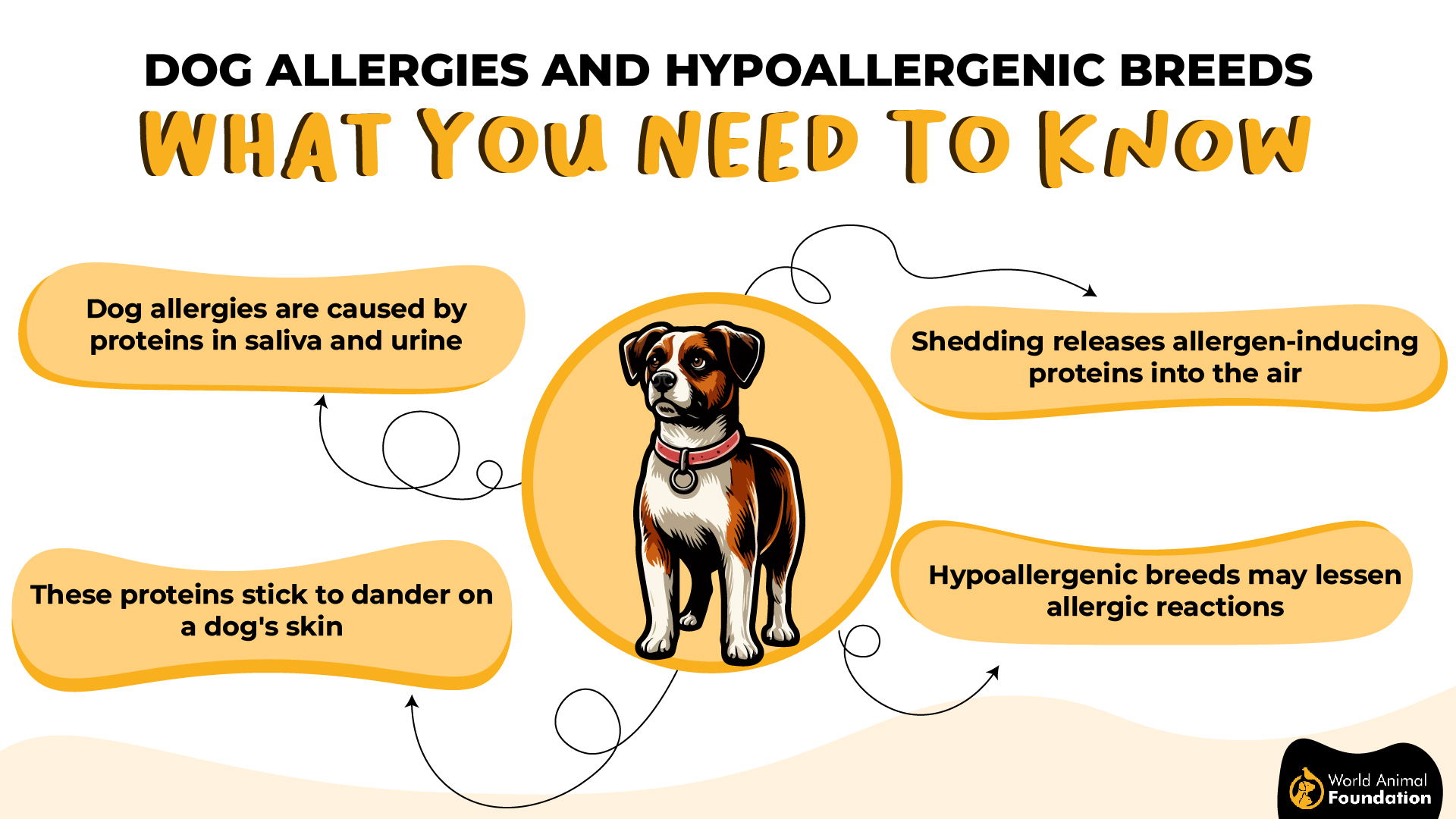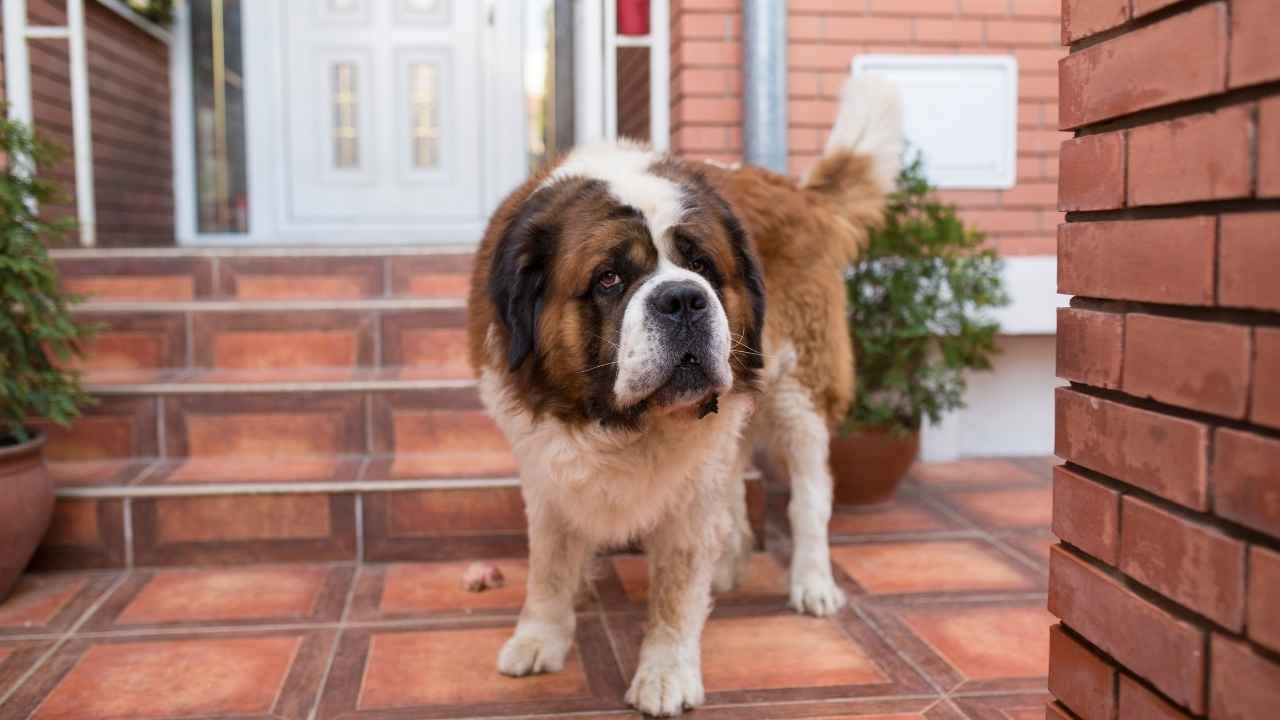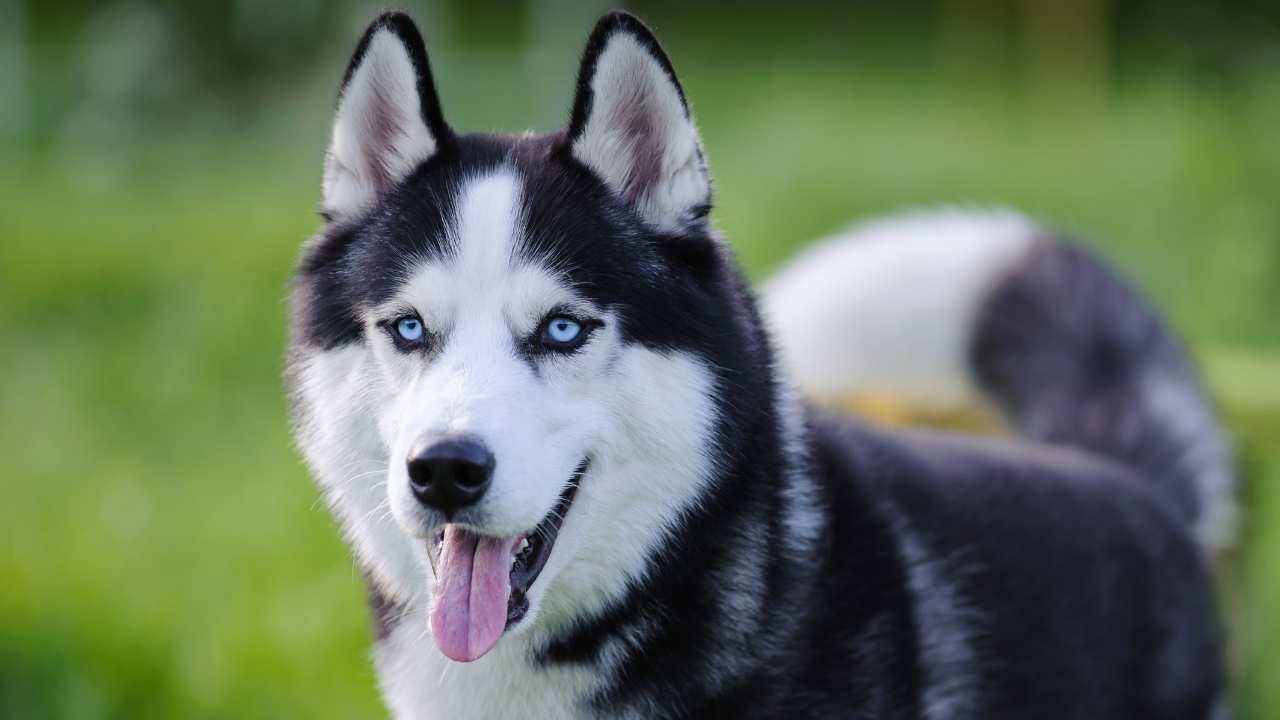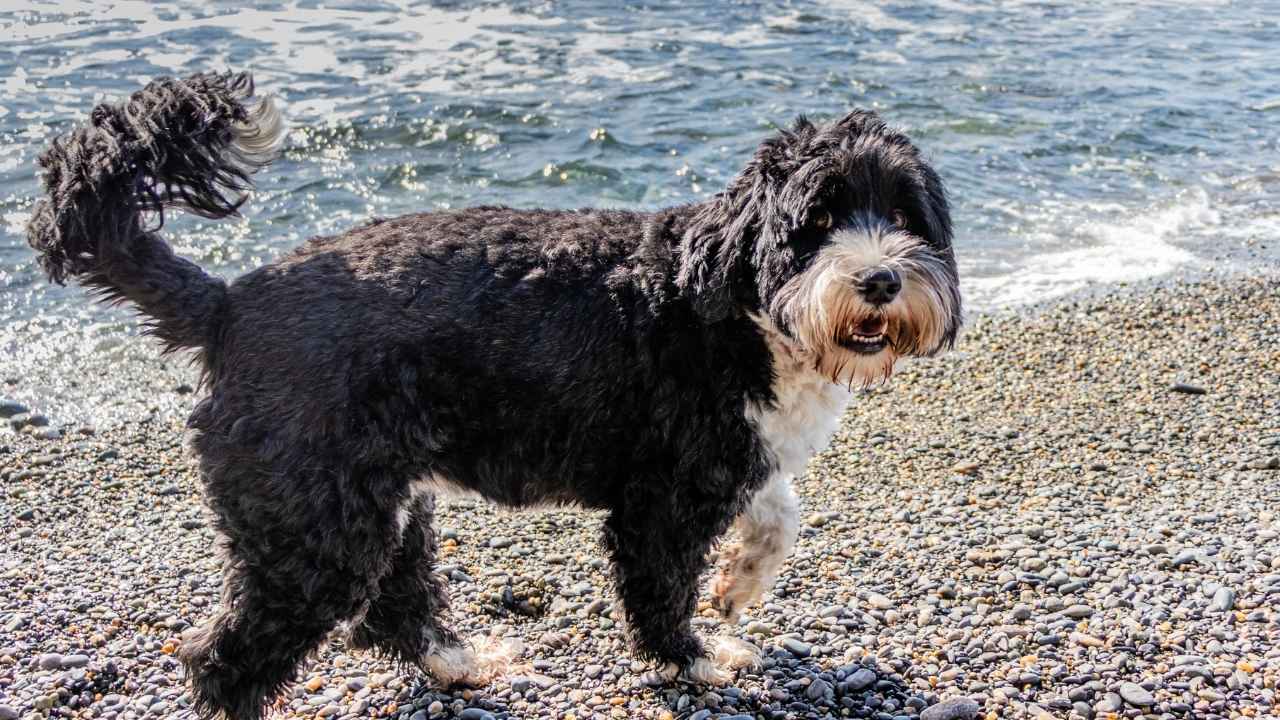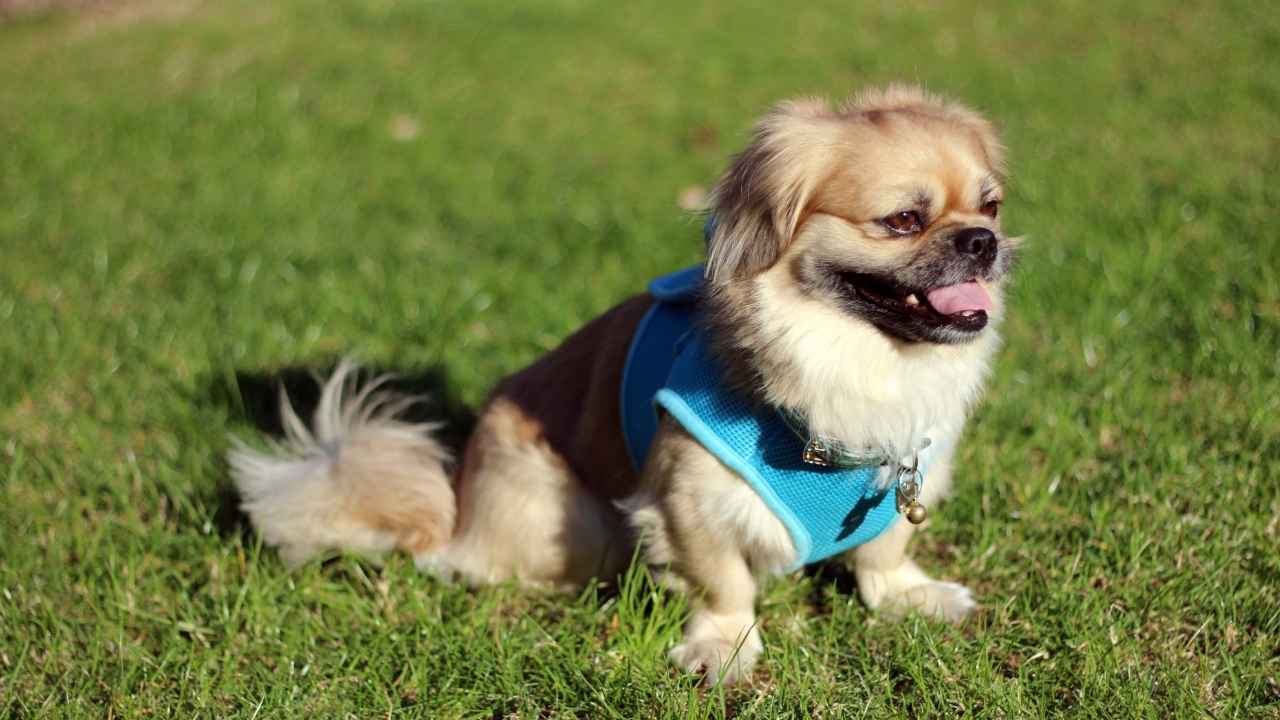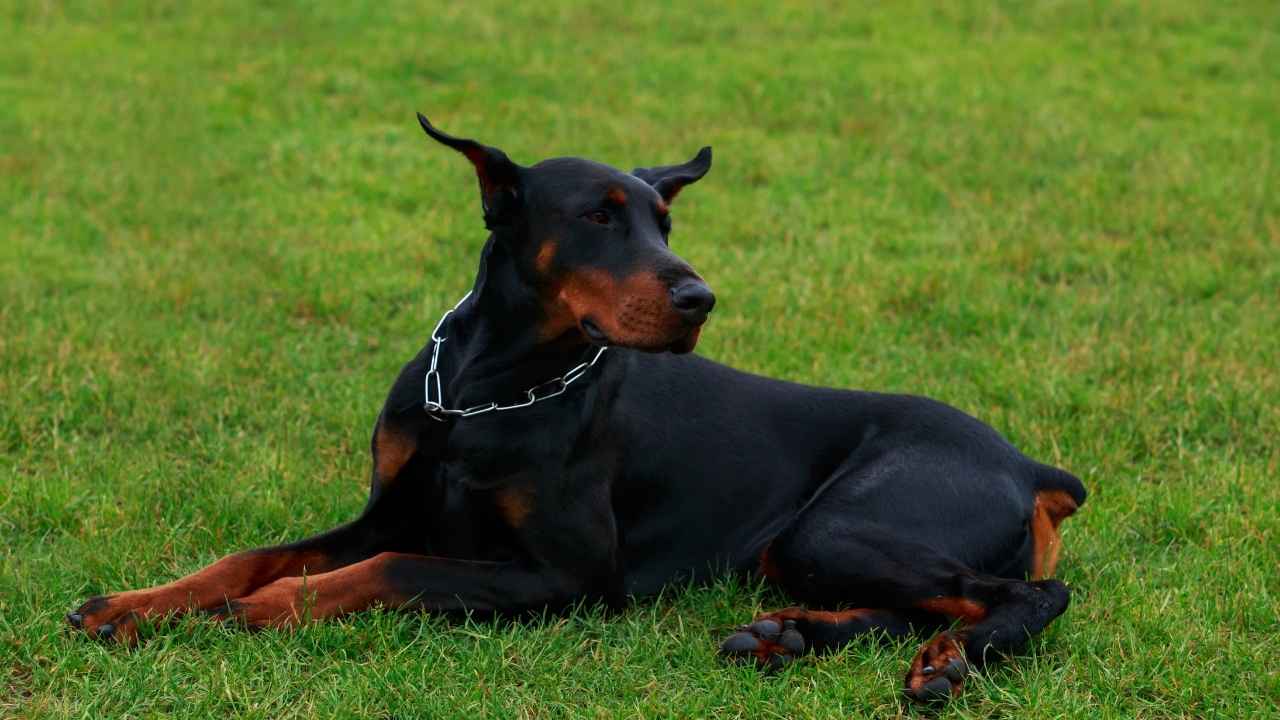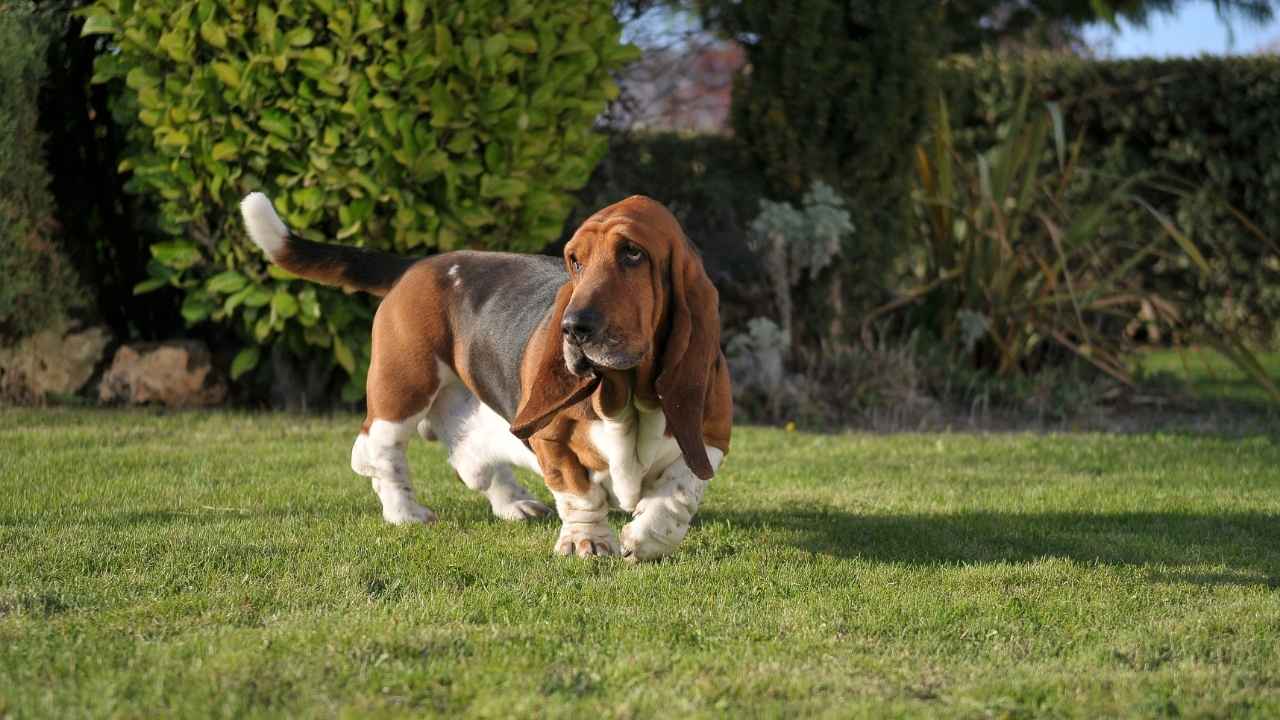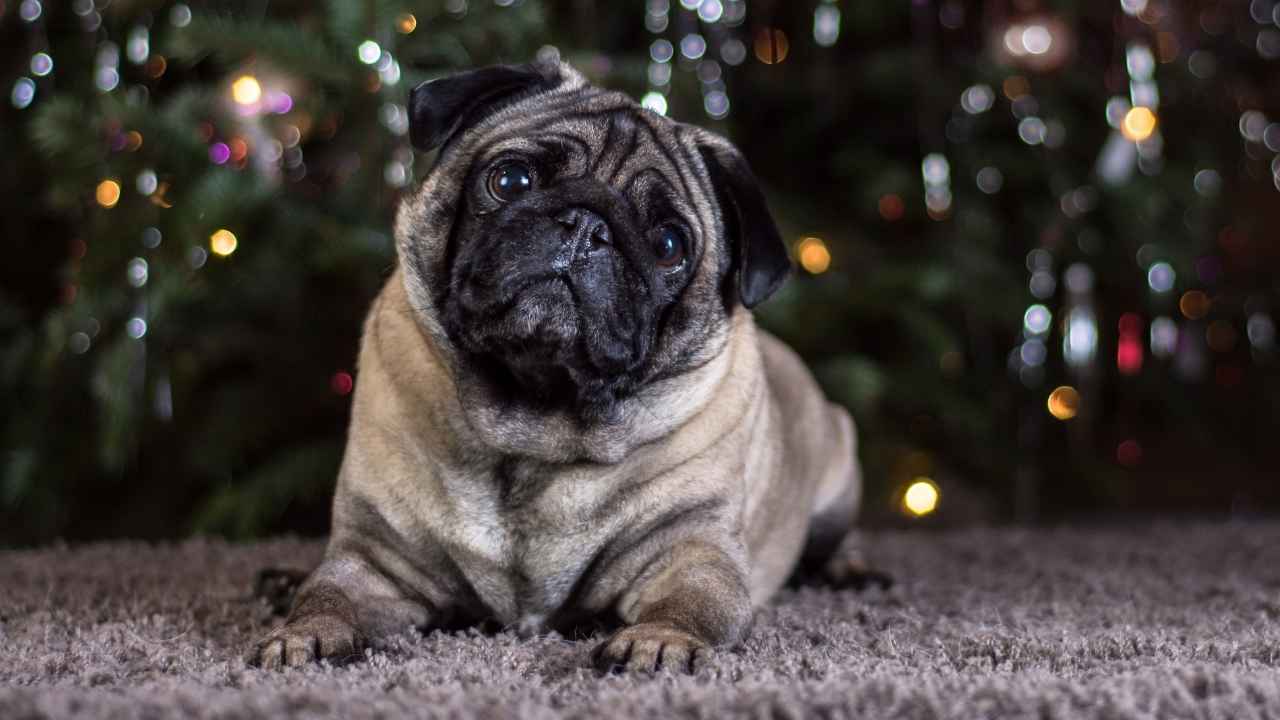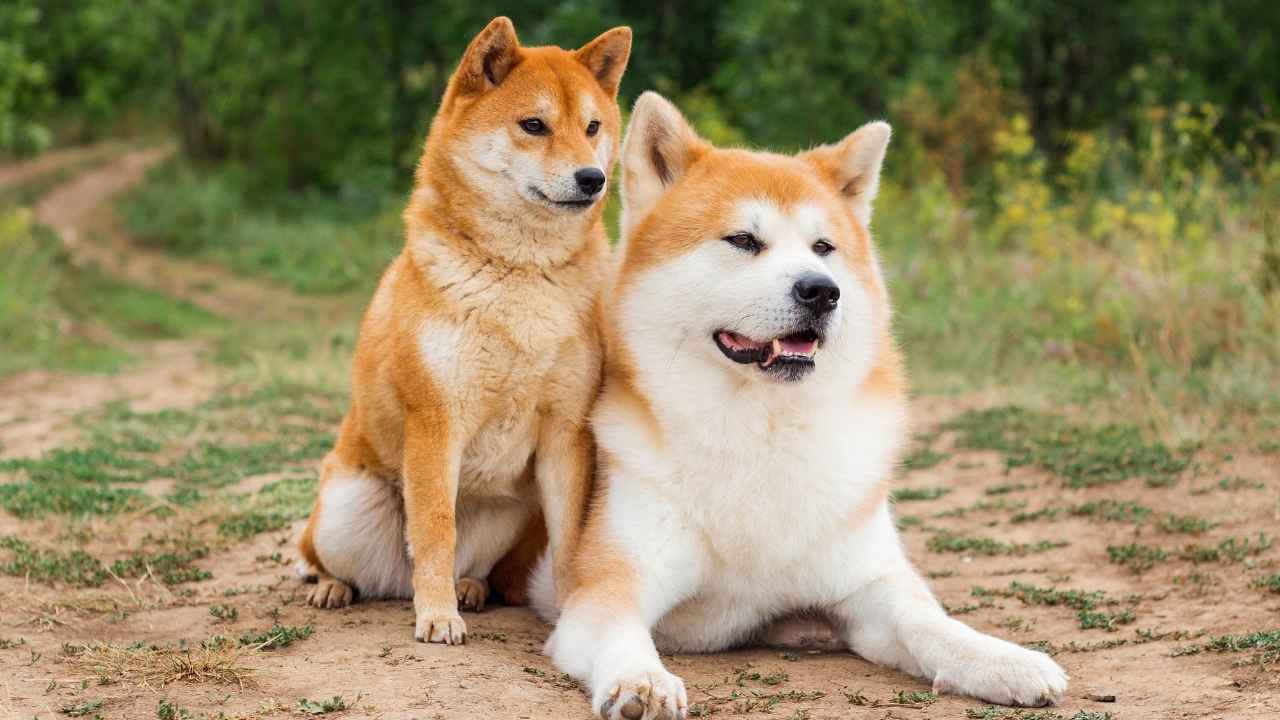Navigating the world of canine companionship can be challenging for those plagued by allergies. While any dog can potentially trigger allergic reactions, certain breeds are notorious for exacerbating symptoms due to their dander, saliva, or shedding patterns. Understanding which breeds are particularly troublesome is crucial for prospective pet owners seeking a harmonious coexistence with their furry friends. This guide highlights the 10 worst dog breeds for allergy sufferers to avoid, arming you with the knowledge to make informed decisions. By steering clear of these breeds, allergy-prone individuals can minimize flare-ups and enjoy the joys of pet ownership without compromise.
For many, dogs are not just pets but family members. Whether you’re looking for a loyal companion, a playful partner for walks, or a cuddle buddy, dogs can fit perfectly into our lives. But if you have allergies, finding the right dog can feel like trying to fit a square peg into a round hole.
Individuals with allergies often face a tough choice—will the joy of having a furry friend outweigh the sneezing, itchy eyes, and asthma flare-ups? While hypoallergenic breeds are out there, some dogs are more notorious for triggering allergic reactions due to their coats and dander.
If you’re an allergy sufferer and want to avoid all possible chances of developing dog allergies, be careful of these breeds that can make life a little more…sniffly.
Worst Dog Breeds for People with Allergies
1. Labrador Retriever
With their cheerful personalities and love for adventure, Labrador Retrievers have earned their place as one of the most popular breeds worldwide. However, their thick, double-layered coats make them a poor choice for allergy sufferers.
Their thick double coat sheds year-round, requiring frequent grooming. But that’s not the only problem—Labs also produce an abundance of dander, the microscopic flakes of skin that are the true culprit behind allergic reactions. So, while your Lab might be the best companion for outdoor activities and long walks, you may reach for tissues more than you’d like, thanks to the pet allergies it gives!
Regular grooming and cleaning might help reduce some effects if you adore Labradors but suffer from allergies. But if you’re looking for a dog that doesn’t require constant maintenance and can coexist with your allergies, this breed might leave you sniffing for alternatives.
2. Bulldog
The Bulldog is undeniably lovable, with its signature wrinkled face and laid-back nature. However, this breed’s short coat and abundant skin folds tend to trap allergens, increasing dander production.
These dogs with dry skin are notorious for drooping (especially when they get excited or hungry), and the moisture from their drool can lead to further skin irritation. Combine all this with their snoring and frequent shedding, and you have a recipe for potential allergy-related problems. AKC says their shedding levels are moderate to frequent!
While these hypoallergenic dogs are relatively low-energy and enjoy relaxing with their owners, their upkeep requires regular cleaning to manage the folds and excess moisture, making them a high-maintenance breed for individuals with allergies. If you’re sensitive to allergens, you may need to rethink your dog choice, as the Bulldog could lead to more allergy symptoms than you’d prefer.
3. Saint Bernard
Saint Bernards, with their large size and gentle demeanor, are often viewed as the ultimate family dogs. PetMD calls them gentle giants! Unfortunately, they’re also among the worst breeds for people with allergies. Their thick, double coats, designed to protect them in cold, snowy environments, are prone to shedding year-round.
They also produce significant dander, leading to severe allergic reactions for sensitive individuals. When brushing, the sheer amount of hair that comes off a Saint Bernard is enough to fill an entire vacuum cleaner.
In addition to shedding, their drooling can contribute to skin irritations, further exacerbating allergy symptoms. Though they’re wonderful, calm companions, those prone to allergies may want to look for a more hypoallergenic breed to avoid the constant battle with sneezing fits.
4. Siberian Husky
Siberian Huskies are known for their striking blue eyes and thick, plush fur, making them look like they just walked out of a winter wonderland. Unfortunately, that thick coat isn’t just for show—it’s also a major cause of allergies.
Purina claims they shed heavily twice a year, in spring and fall, but they shed a little bit all year. If you suffer from allergies, this constant shedding can be a nightmare, as their fur can easily get everywhere, including in your clothes, furniture, and even food.
These affectionate dogs are active and independent, and they need plenty of exercise and stimulation. They also require lots of grooming. Allergy-afflicted individuals, however, may not have the stamina to keep up with their grooming needs without triggering allergic reactions.
So, while Huskies are fantastic dogs for energetic people, those susceptible to allergens may be less than thrilled by the constant shedding and dander.
5. Portuguese Water Dog
The Portuguese Water Dog gained fame after being associated with the Obama family, but don’t let its charm fool you. This breed is not the best pick for individuals with sensitivities to allergens. Known for their curly, water-resistant coat, they shed minimally, but their hair still requires regular maintenance.
However, they do not shed as much as some other breeds; their thick, curly coat can trap a significant amount of dander, which can cause allergic reactions.
Also, despite its name, this dog isn’t just a lazy couch potato—it’s a highly active breed requiring much exercise, as per WebMD. If you’re not up for the challenge of regular grooming and physical activity, you might want to reconsider getting this breed, especially if allergies are a concern.
6. Pekingese
With its fluffy mane and adorable face, the Pekingese might seem like the perfect cuddly companion, but this breed is a terrible choice for those with allergies. Their long, dense coats are prone to shedding; all that hair is a magnet for dust, dirt, and dander.
As if that wasn’t enough, the Pekingese also tends to snore and drool, adding to the potential allergy-triggering mess.
If you’re considering a Pekingese and have allergies, be prepared for daily grooming sessions. The dander and hair constantly floating around your home may also cause you to sneeze more than you’d like. While this breed may be cute, it’s not an excellent match for allergy sufferers.
7. Doberman Pinscher
Dobermans are known for their sleek, muscular bodies and strong protective instincts. While their short coats might make them seem like an ideal dog for people with allergies, don’t be fooled—these dogs shed year-round. The Doberman’s fine hair, combined with its body’s natural oils, makes it prone to creating dander that can irritate sensitive individuals.
Though they don’t require the same level of grooming as longer-haired dogs, their shedding still produces a significant amount of allergens.
Dobermans also love to play and get plenty of exercise, which means they’ll track allergens around your home with their energetic behavior.
8. Basset Hound
With their droopy ears and sad-sack faces, Basset Hounds may look like the ultimate low-maintenance lap dog. However, their excessive shedding and constant production of dander make them an allergy sufferer’s nightmare.
These medium-sized dogs have short, dense coats that require regular grooming, and their droopy skin folds tend to trap allergens like dust and pollen. Their drool can also leave a trail of moisture in your home, contributing to the overall allergen load.
If you love Basset Hounds but suffer from allergies, you must commit to frequent cleaning to keep your environment allergen-free. For most allergy sufferers, though, this breed’s shedding and drooling might make life a bit uncomfortable.
9. Pug
Pugs are another adorable breed that might seem like a perfect choice for those with allergies, but their short, bristly coat and tendency to shed make them anything but ideal for sensitive individuals. While they don’t shed as heavily as some long-haired breeds, Pugs still produce a significant amount of dander that can trigger allergic reactions.
Additionally, their natural tendency to snore, drool, and even tear up can create more allergens in your home, making them a less-than-perfect match for those prone to allergic reactions.
If you’re determined to have a Pug as your companion, be prepared to deal with their shedding and the extra maintenance required to manage their natural oils and moisture. But, for allergy sufferers, this breed’s quirks may outweigh its cuteness.
10. Akita
The Akita is a majestic and powerful breed. The American Kennel Club, also known as AKC, mentions that it is also a shedding machine. With their thick, double-layered coats, Akitas shed heavily throughout the year, especially during seasonal changes.
Their thick undercoat can leave a trail of fur throughout your home, while their dense coat produces dander. This combination can create a significant allergen problem for sensitive individuals, making it an unwise choice for those who suffer from allergies.
While these dogs with a waterproof coat are great guard dogs and loyal companions, allergy sufferers will find the shedding and dander particularly problematic. Regular grooming and cleaning are essential to manage the shedding, but for many, the Akita’s constant coat maintenance may be too much of a burden.
Conclusion
Owning a dog can be tricky if you suffer from allergies. Many of the most popular and beloved breeds come with a serious amount of shedding, dander, and drool—triggers for allergy flare-ups. While these dogs may be wonderful companions, they require upkeep and care that might be hard to manage if you’re prone to allergic reactions. Alongside the dogs mentioned, some other breeds may cause owners discomfort. For instance, the suitability of the Bichon Frise and German Shepherd for people with allergies varies significantly due to differences in their coat types and shedding tendencies.
If you’re dead set on owning a dog despite your allergies, be sure to factor in grooming needs, shedding levels, and potential dander production before deciding.
In conclusion, those with allergies should carefully consider their choice of dog breed to minimize potential allergic reactions. While no dog is completely hypoallergenic, some breeds produce less dander and are more suitable for allergy sufferers. Conversely, breeds with heavy shedding, substantial drooling, or thick double coats can exacerbate allergies and should typically be avoided. It’s crucial for individuals with allergies to research and select breeds known for lower dander production, consult with medical professionals, and possibly spend time with potential pets before making a commitment, ensuring a comfortable and enjoyable companionship for both the owner and the dog.

